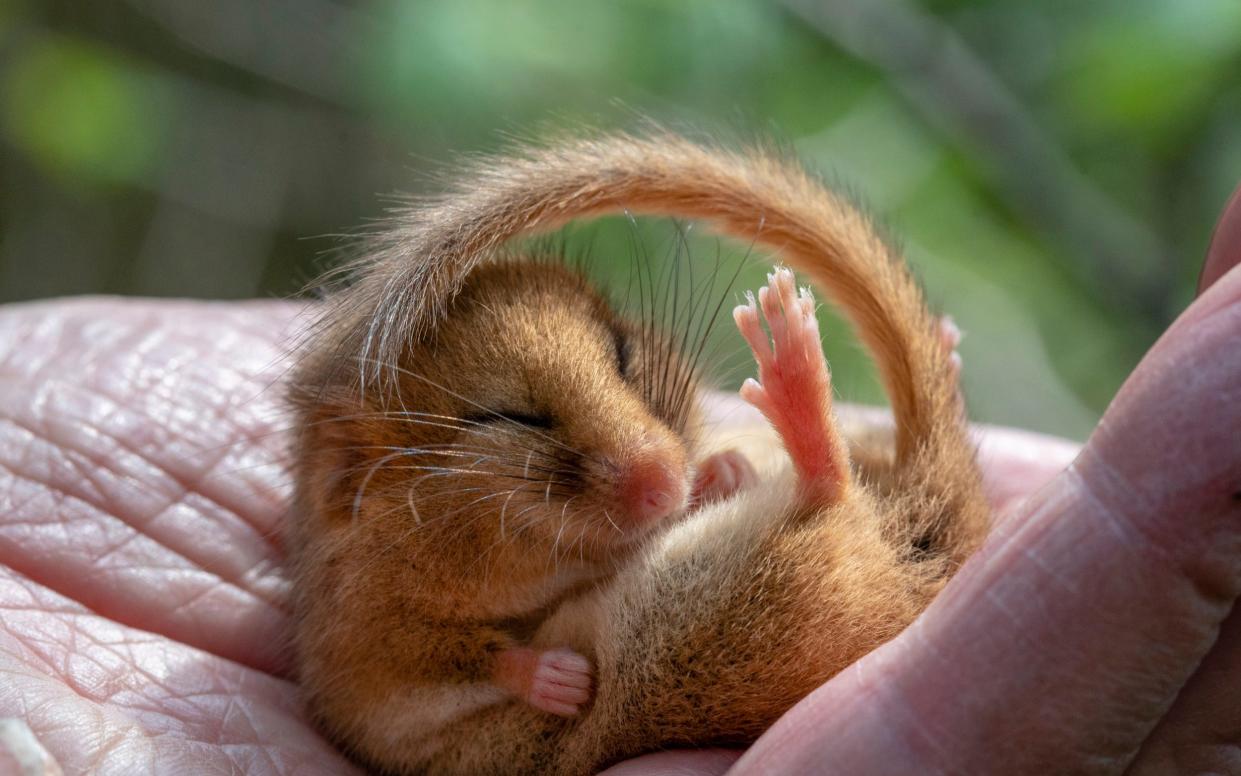Italian police seize hundreds of dormice destined for dinner plates of mafia dons

Three people have been arrested in southern Italy after a police raid on a cannabis farm led to the discovery of hundreds of dead and alive protected dormice apparently being eaten by local mafia as part of ritual peace-making dinners.
On top of 235 caracasses stuffed in a freezer, police found several cages of live dormice that were being fattened up for the kill. Three people were arrested on suspicion of capturing and slaughtering a protected species.
Despite being illegal to hunt or eat, dormice are a popular delicacy in parts of southern Italy and some restaurants serve them up in secret, keeping their fluffy tails intact so that they are distinguishable from other mice.
But they are particularly favoured among members of the powerful Calabrian 'Ndrangheta mafia clan, who reportedly feed them to guests at reconciliatory dinners.
“When the police have listened to mafia phone calls during investigations into drug trafficking they learned that after disputes between clans they have peace making dinners where they eat dormice," said Giovanni Malara, founder of anti-poaching group, Gruppo Adorno.
Bosses of the 'Ndrangheta - one of the world's richest criminal groups - are believed to make their most important decisions in front of a plate of dormice, according to Italy's Il Corriere della Sera newspaper.
The tradition of eating dormice dates as far back as the Romans when they were a luxury snack for the wealthy. They used to replace their insides with pork mince and bake them. They are still eaten in Croatia and Slovenia.
Hunters often take baby dormice from their nests or catch the older ones when they emerge, weak, from their winter hibernation in June.
“It is cruel to hunt them and keep them in cages, it is a mistreatment of a wild animal which is protected by the law,” says Francesca Manzia, from Lipu, a wildlife protection charity.


